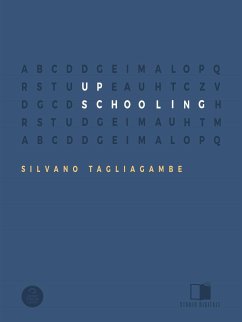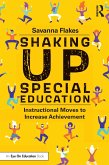We all agree that the growth of knowledge and democratic organisation are the two pillars that must support education and they must therefore constitute the foundations of every idea of school. If we then ask ourselves what these two cornerstones have in common, it is difficult to discard the idea that the distinctive trait they share is that both are the expression of organisational methods which are not only dynamic but able to constantly challenge their own institutions and meanings, without crystallising them and removing them from the scrutiny of critical thought. This leads to a clear-cut conclusion: if the school really wants to educate young people in knowledge and democracy, it must adhere to those same guiding principles and tangibly apply them in its practice. There is only one way to do this properly: by showing a plurality and ramification of different potentialities that will indicate a true capacity for opening up to the overwhelming proliferation of theory that distinguishes our times, avoiding all forms of mundane banalisation, and by contending with the new and the unforeseen, training minds that will be able to cope with them. The idea of school presented in this book has been created and developed on this central nucleus, which gives it its hallmark.
Bitte wählen Sie Ihr Anliegen aus.
Rechnungen
Retourenschein anfordern
Bestellstatus
Storno









